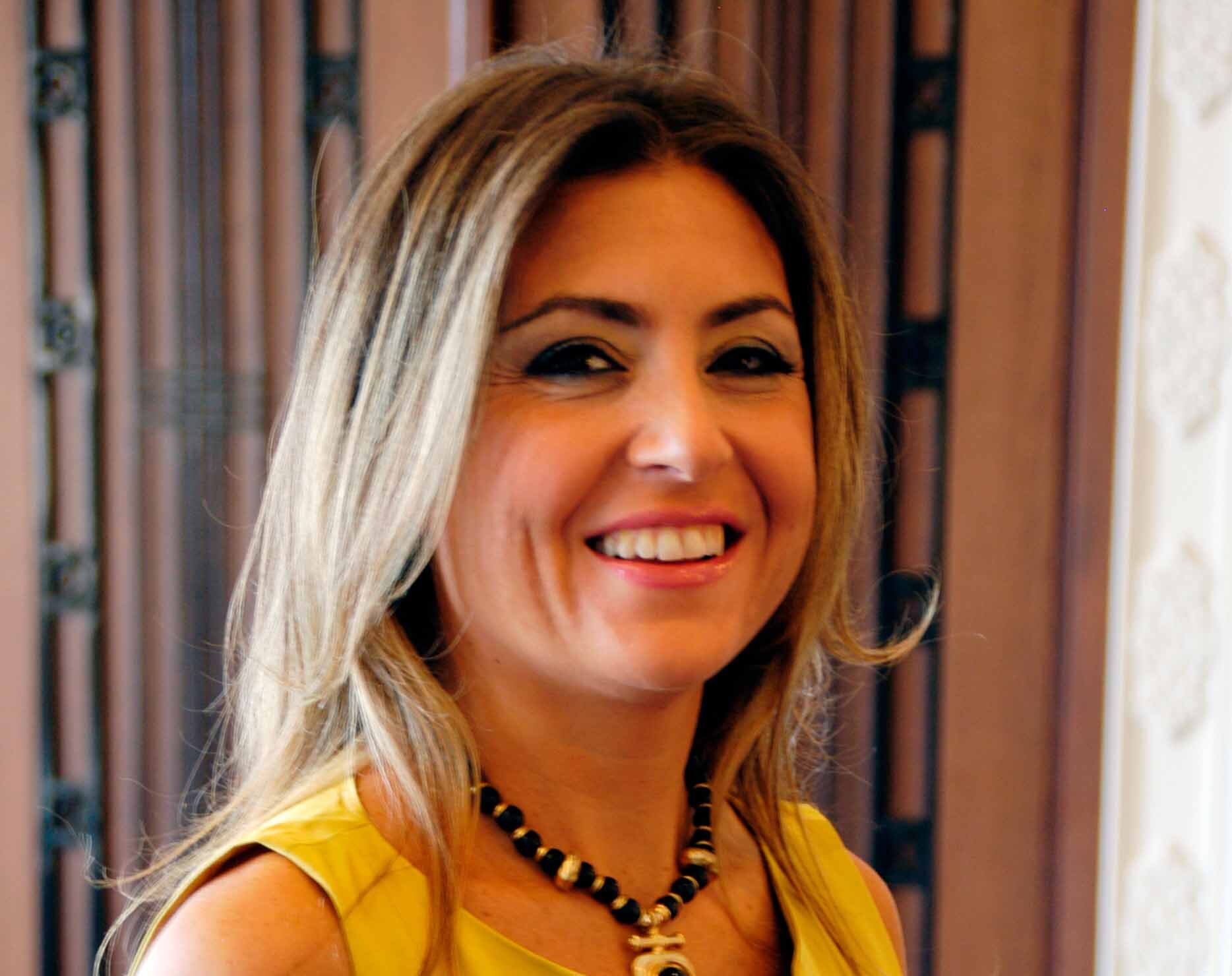Superheroes of Covid-19
By Aylin Altuntaş

Banksy donated this monochrome painting to Southampton General Hospital, London, which was hung in a foyer near the emergency department. The young boy has discarded his Spiderman and Batman model figures in favor of a new favorite action hero – a National Health Service nurse.
“All the children say,
We don’t need an another hero”
And if we need one, that certainly is not a BAT-man!
While the world is still discussing about how long the pandemic will last; confirmed cases worldwide have passed 23 million. Health Services are endangering their lives to rescue other lives… It is a worldwide war and THE SOLDIERS are the hospitals, the doctors, the nurses the caregivers and all related health workers.
The good news that the fatality rates as a percentage of confirmed cases are decreasing and among 167 vaccine studies in more than ten countries, 6 of them are at the last stage before the approval.
Human brain is overcoming this disease with an astonishing fast progress with the medicines, cures, health technologies, and vaccine studies developed in less than 6 months. Yet, the world will not go back to normal because “the normal” has already changed… A new era is rising with more emphasis on Health. May the war equipment be replaced by new Health technologies? The nations’ budget allocated to build guns, tanks, bombs, and war machines is shifted to build well-equipped hospitals with well-trained health service professionals?
The world needs robotics to make surgery, robots for nursing patients; micro, nano robots, endoscopy capsules for better diagnosis; prosthesis organs for treatment, AI supported biopsies, clinical training, simulations, chips…
Yet, human touch is still needed…
In an article published in Harvard Business Review, November 2017, one of the hospitals in Rotterdam, Holland went beyond their customer satisfaction by improving their patient-caregiver conversations with their design-thinking training program. The design-thinking team formed 4 major patient categories; Google Patients, Dominant Patients, Quiet Patients and Emotional Patients.
Google Patients: Obsessive about information about health records, symptoms, latest news about their illness and treatment; like to avoid uncertainty. Should the information presented strike them as incomplete, vogue or contradictory, they may become angry. They need clarity and order, detailed information about their consultation and transparency about medical outcomes and risks.
Dominant Patients: Coming across as soft or weak as their biggest fear, they are impatient, controlling and like to be in full charge of their case. They keep everything brief but comprehensive and try to get to the point immediately. Efficient appointment process and treatment system that delivers services on time at hours that are convenient for patients is needed. Being direct is necessary, avoiding the social talk.
Quiet Patients: Have difficulty with coping change and negative feedback. They keep asking questions even if they say everything is fine; need detailed information. They avoid crowded spaces and complexity; prefer privacy and one-to-one conversations. They are discreet and silent although need quite high attention. Don’t like to show their emotions but expect to be undersood.
Emotional Patients: They have fear of feeling alone and left out. They may be over dramatic. Like to move around, speak loudly. They like to establish relationship with people around them, and talk about their illness. They need high amount of emotional support and personal care. Tendency to show their emotions easily and prefer surrounded by people.
The training program established for hospital staff how to treat 4 different categories of patients, lasted for 2 years. At the end of two years, the benefits of the program were reflected in high levels of patient satisfaction. For hospital care, the Hospital received the score of 70.6% while the average of all the 39 surveyed hospitals was 42.2%.
Artificial Intelligence is in every aspect of our lives. However, we are still human and nothing can replace a human smile and a friendly touch… Oh, speaking of touching, better wait until the pandemic is over!
Hoping for a healthier life for all.
Aylin Altuntaş
ISTANBUL/LONDON/DUBAI
Founder @AA Executive Consulting
Board Member @Future Healthcare Conference, Istanbul
References:
Harvard Business Review; How Design-Thinking is ımproving Patient-Caregiver Conversations, November 2017
BBC, How Close is World to Covid-19 Vaccine?
Banksy; anonymous England-based Street artist
Tina Turner, We Don’t Need Another Hero














